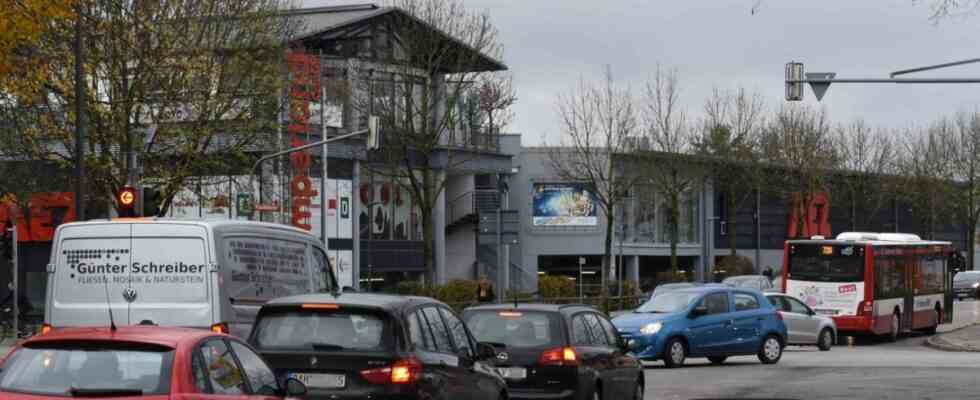Actually, the Dachau regional committee of the Chamber of Industry and Commerce (IHK) would have liked to have had the economic development agency of the city of Dachau present at the most recent meeting in Karlsfeld. Regional Committee Chairman Werner Mooseder announced that Robert Danzer had canceled at short notice. “We would have liked to have met him,” said Mooseder, commenting on the absence of the head of Dachau’s economic development agency, who has been in office since January 2021.
The company bosses present preferred the Karlsfeld business promoter Peter Freis and Johann Liebl, who is responsible for district development and business promotion in the district office; but this did not detract from the discussion. It became a very open exchange, at least on the topics that were covered in the two scheduled hours.
The lack of commercial space is great
The number one topic was commercial space. The shortage is great, and even local businesses that want to expand have a hard time finding land. This was confirmed by Johann Liebl, who emphasized that the district is primarily a pilot here. If inquiries are received from companies, the municipalities are contacted. His appeal to the town halls: “Look where you still have space.” He emphasized that there are already many commercial areas, 20 years ago there were 6,000 to 7,000 commuters in the district, now there are 25,000.
Peter Freis, business developer from Karlsfeld, reported that in addition to the two “full” commercial areas, three areas are currently being developed in his community: the Prinzenpark West with 15,000 square meters, the Anna Quarter with 30,000 square meters and one at the corner of Schleißheimer-/Bajuwarenstraße, which belongs to the community itself. “Unprobably many inquiries” were received, from small cosmetics shops to Chinese corporations. “The good thing about having your own business park,” says Preis, “is that you’re not at the mercy of investors.”
Many criticize the allocation of land as “non-transparent”
There was criticism for the allocation of land, which was seen as “non-transparent”, and for the sometimes year-long approval process. Johann Liebl recalled that the district conducted a company survey on space requirements three years ago, “the response could have been better”, he threw the ball back into the field of business, but at least they knew that around 15 hectares were needed.
The problem that commercial settlements entail can of course be seen on the streets every day. In order to counteract the traffic jams, the district has been developing a traffic concept for years. As Liebl explained, alternative means of transport are always being discussed, but they usually fail because of money or acceptance. “The two points ensure that these projects will take a while,” says Liebl.
“The municipalities cannot bring you the skilled workers”
Topic number two was the shortage of skilled workers. Support from politicians is desired here in the form of living space, which would make it easier for the sought-after specialist staff to move in, but also help in the search for young people. “The communities cannot bring you the skilled workers,” emphasized Peter Freis. He reported that he recently took part in application training at the Karlsfeld middle school and found that there was considerable potential for motivated young people with a migration background, even if grades and language skills were often not ideal. He advises companies to go to schools earlier to identify suitable candidates. “I have to accompany them for two to three years. It’s work, but it’s worth it,” said Preis, and appealed: “Go where the students are and don’t wait for the students to come.” Nevertheless, Manfred Mooseder gave politicians some homework to do: “It motivates the headmasters, they have to be brought together with the economy”.
After all, it was all about digitization. According to Liebl, the expansion of fiber optic cables is progressing, and the district has completed a network quality study on the subject of mobile communications. In December 2021, the mayors were informed, also about how many mobile phone masts would be needed to offer a nationwide network with GSL IV. “The communities know what to expect,” says Liebl. The problem is the population, which resists masts. “They would rather have a mast away from the place, but then the cell phone switches to maximum performance and shines even more.” On the subject of digital administration, the Karlsfeld business development agency curbed expectations: “There is a lack of money and staff.”

